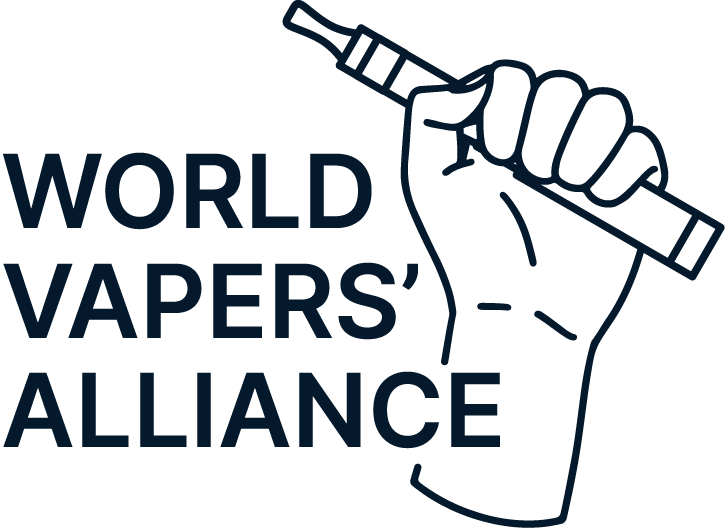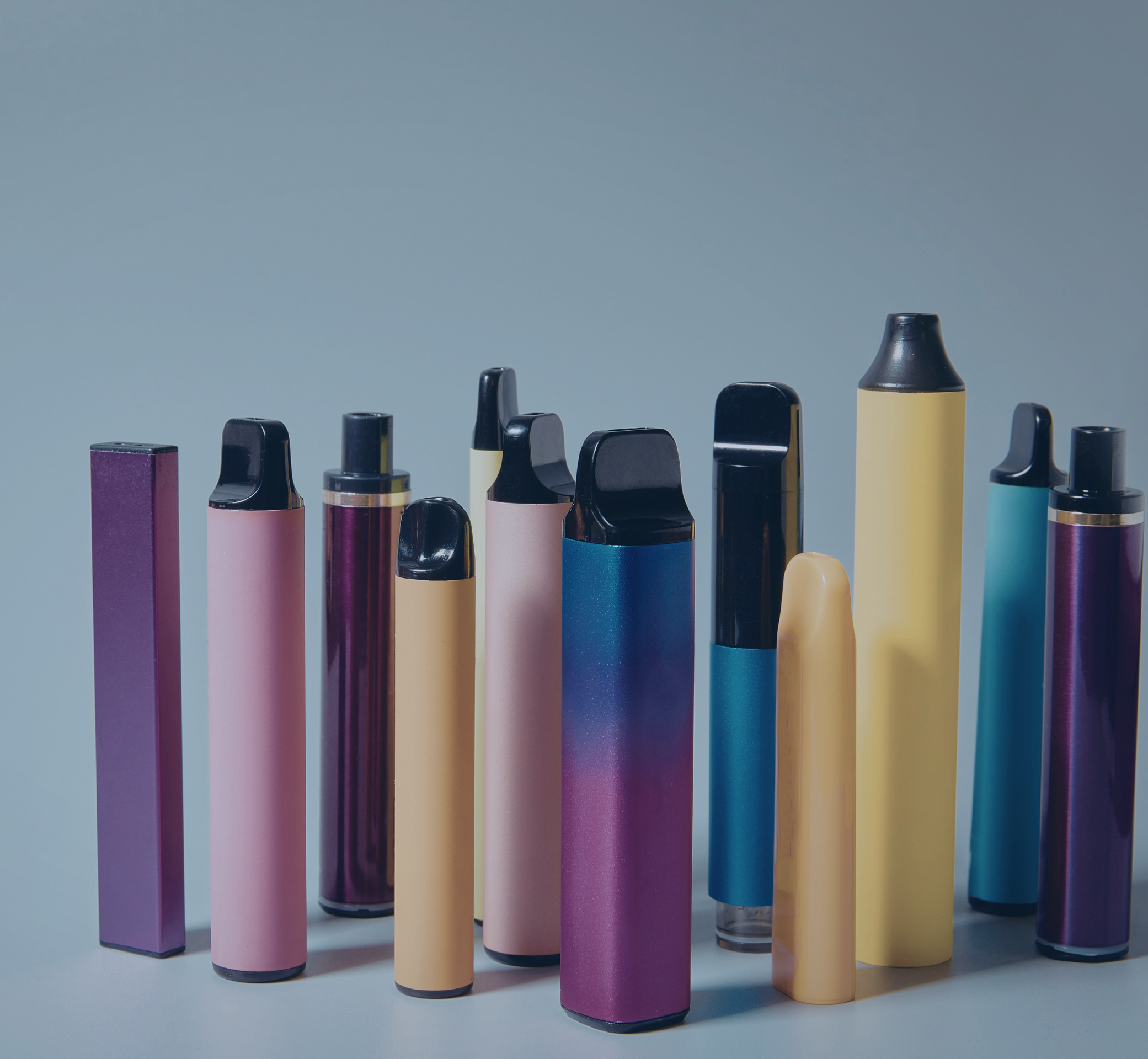Si se aprueban, las regulaciones propuestas en España sobre los productos de vapeo obstaculizarán la reducción del daño del tabaco.
Por Stefanie Rossel
A mediados de mayo, una ola de conmoción sacudió la industria del vapeo en España: el gobierno presentó un proyecto de ley que pondría fin al sector doméstico independiente del vapeo. La propuesta exige limitar la venta de productos de vapeo a los estancos estatales en un plazo de cinco años. Las tiendas especializadas de vapeo solo podrán seguir operando si se convierten en estancos autorizados, lo que las obligaría a vender también productos combustibles. El proyecto de ley también prohibiría la venta online de productos de vapeo.
En una conferencia reciente, Ángeles Muntadas-Prim Lafita, presidenta de la Asociación Española de Apoyo al Vapeo (ANESVAP), explicó que la legislación propuesta implica que el gobierno pretende monopolizar el mercado de la nicotina. “Un país miembro del mercado común europeo quiere monopolizar un mercado libre e independiente. Es como volver a una época en la que España ni siquiera era una democracia, o incluso a la Inquisición española”, afirmó.
Muntadas-Prim Lafita consideró improbable que los dueños de tiendas de vapeo vendieran combustibles. Por otro lado, los estancos establecidos podrían o no vender productos de vapeo bajo las normas previstas. “Esto sería perjudicial para los consumidores, que se verían obligados a ir a un estanco para comprar sus productos de vapeo, o todos los que pudieran encontrar, ya que sería el estanco quien decidiría qué vender”, afirmó. “Además, los fumadores que usan el vapeo para dejar productos más peligrosos podrían verse tentados a volver a comprar combustibles. Es como obligar a una reunión de Alcohólicos Anónimos a celebrarse en una licorería”.”
Lea el artículo completo aquí







